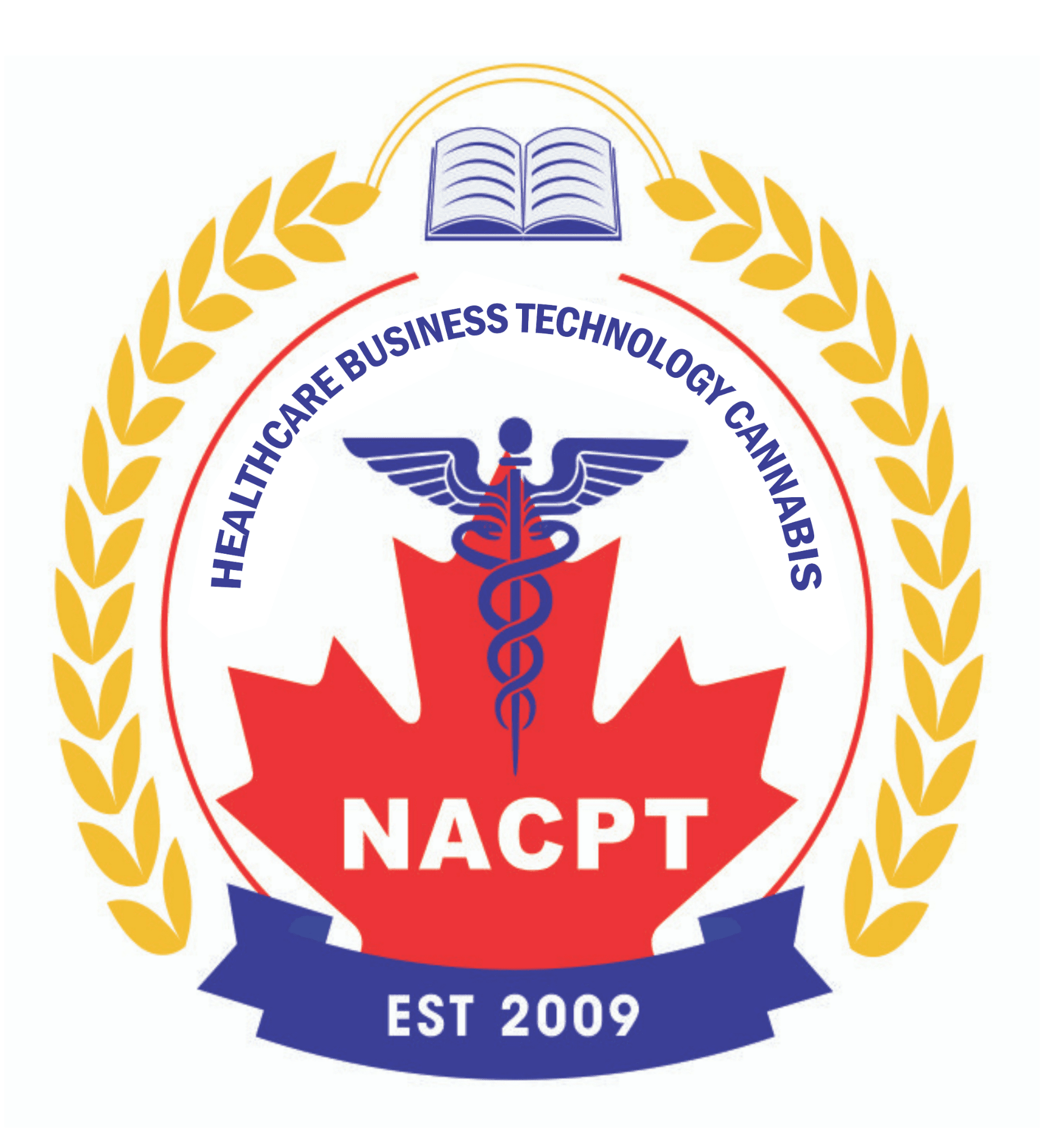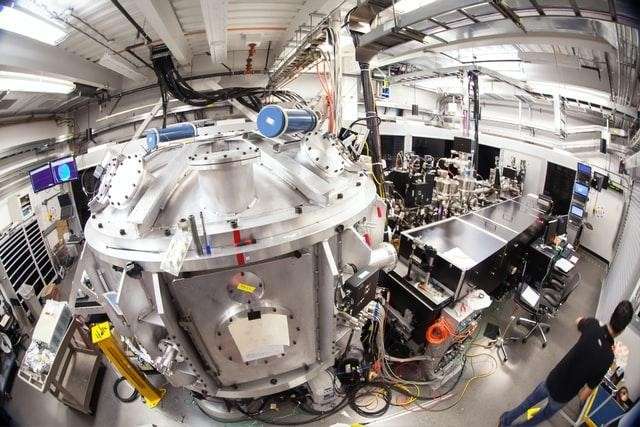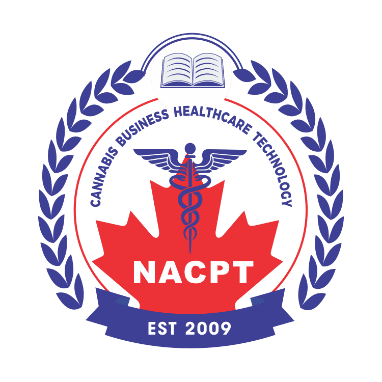The World Health Organization’s Good Manufacturing Practices (GMPs) and their foreign equivalents are highly encouraged guidelines, best practices, and regulations used worldwide that are designed to guide industries on how to consistently produce safe products from beginning to end.
Not all countries’ GMPs are exactly the same, and guidelines are always changing, but all GMP standards do have in common with each other a few basic principles in common with each other; manufacturing processes are controlled at every step, the processes and environment are clean and tidy, processes are validated and capable of reproducible results, and any changes made must be verified and documented. Accurate record keeping of all business activities from beginning of operations to end is a must. Records need to me maintained and audits should be performed regularly. Also, there must be protocols in place for handling recalls and any complaints about each product. The purpose of GMPs are to prevent harm to the user of a product, meaning the end product is free of contamination, all production and packaging activities were documented, and those activities were performed as well as verified by trained personnel.
European Union (EU) GMP guidance is similar to the GMP guidance of Health Canada and the US Food and Drug Administration (FDA), but with some differences that may be beneficial to know for interactions with foreign companies. The FDA expects licensed producers to perform annual product reviews to evaluate the quality standards of a product and to decide if changes should be made to any part of the process. A representative number of batches are reviewed for this assessment. The EU asks companies to complete a product quality review that focuses more on the overall manufacturing and quality systems and to prove that a company consistently produces products with the desired quality. All batches manufactured in the respective time period will be included in the product quality review. The role of the qualified person(s) in charge may also differ. In the EU, a qualified person confirms GMP compliance for every product batch. In the US, a quality control team is in charge of performing a production record review and to make sure companies meet GMP requirements. Products exported to the EU from the US and Canada (and other countries) require additional analytical testing and supplier qualification is also needed including compliance audits performed by the QP, but this does not replace the need for external EU audits required to export medicinal products.
Another difference is that the EU requires that non-critical parameters are listed in validation protocols. The FDA only requires critical process parameters to be mentioned in the validation protocols. The number of batches needed for process validation also differs. The EU and Health Canada require a minimum of three batches , while the FDA mentions no specific number. For the FDA there is another disparity in terms of the validation approaches, the difference is the FDA makes no distinction between approaches while the EU and others make several. The FDA also insists on a higher numbers of samples during the continued process verification stage of a process validation. There is no demand for an increased number of samples in the continued process verification stage in the EU’s “annex 15” (qualification and validation).
A recent revision of sections of the EU-GMP focus much on contamination control. The changes are associated with the revision of the European Medicines Agency guideline on establishing health based exposure limits for use in risk identification in the production of different medicinal products in shared facilities. The updated guide asks for a risk-based assessment on toxicological data. This means that dedicated facilities are only required if the identified risks can not be controlled using adequate measures. Overall, a documented contamination control strategy is required and quantitative risk management principles should be used to evaluate and control the risks of contamination.



